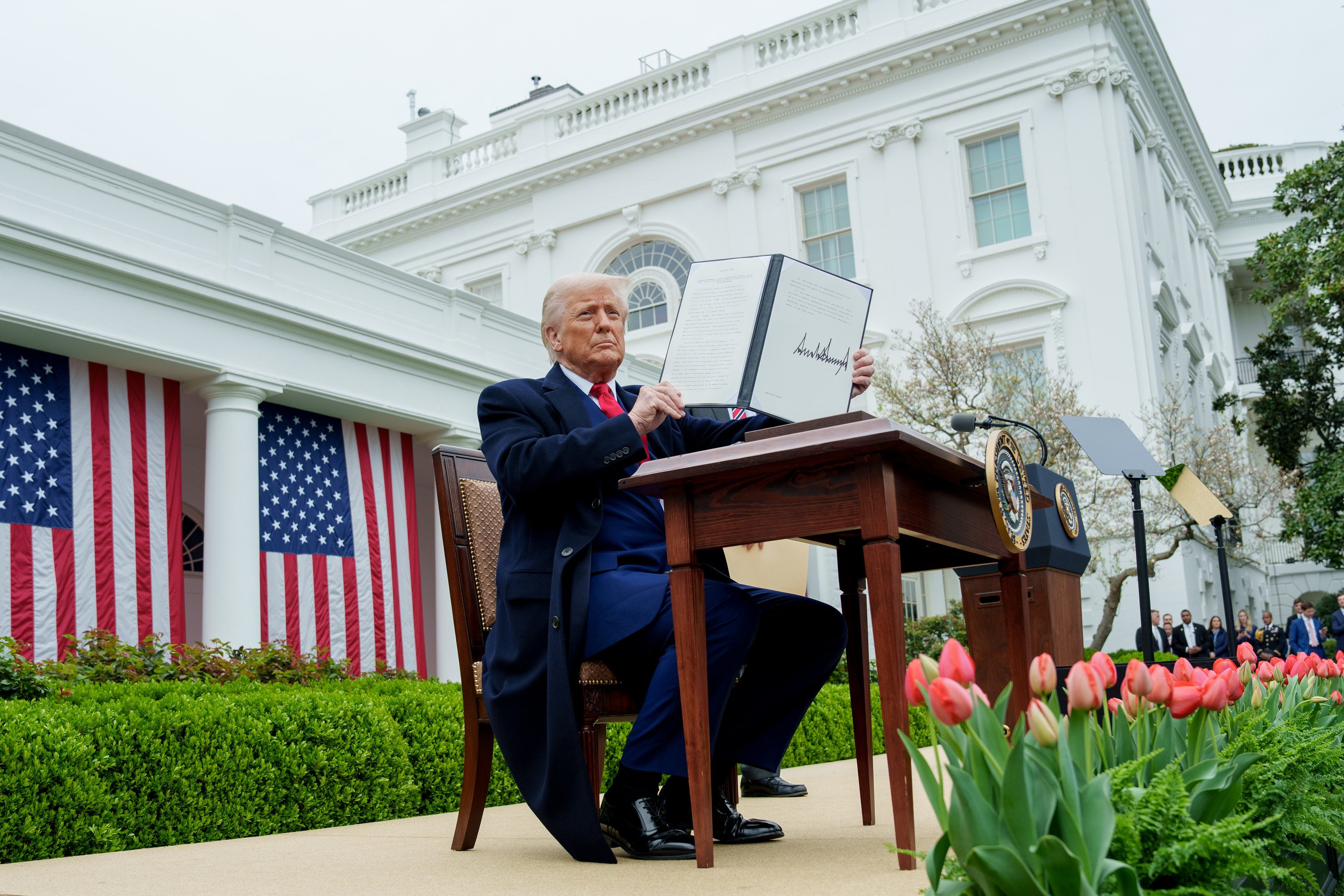Extraterritorial Application of the Alien Tort Statute: "A Noble Cause That Goes Too Far"
The Kiobel case will be argued next Tuesday before the Supreme Court. I have an op-ed in today's Washington Post (headlined in the print edition "A Noble Cause That Goes Too Far") about the foreign policy tensions caused by extraterritorial application of the Alien Tort Statute (tensions not mentioned by the Obama Administration in its brief). Here is an excerpt:
In a brief to the Supreme Court, the Obama administration urges the
Published by The Lawfare Institute
in Cooperation With

The Kiobel case will be argued next Tuesday before the Supreme Court. I have an op-ed in today's Washington Post (headlined in the print edition "A Noble Cause That Goes Too Far") about the foreign policy tensions caused by extraterritorial application of the Alien Tort Statute (tensions not mentioned by the Obama Administration in its brief). Here is an excerpt:
In a brief to the Supreme Court, the Obama administration urges the justices to reverse the [Second Circuit's] decision. The administration’s goal of promoting accountability for serious human rights abuses committed by foreign governments is laudable, but its position here reflects a desire to change existing international law, rather than adhere to it. International law does not allow courts of one country to exercise jurisdiction in civil cases over offenses in other countries. For this reason, foreign governments, including many close U.S. allies, have filed more than 20 protests with the State Department and federal courts in Alien Tort Statute suits over the past decade. The British, Dutch and German governments — all strong advocates of human rights — have filed briefs in the Kiobel case, arguing that applying the ATS to acts that take place in other countries and have no connection to the United States is a violation of international law. (I submitted a brief on behalf of several corporations in support of Shell, describing the objections filed by foreign governments in other cases.) Ironically, the modern application of the Alien Tort Statute has caused the very diplomatic tensions it was enacted to prevent. Moreover, the Obama administration should be concerned about reciprocity: It would certainly object if foreign governments were to encourage lawsuits in their courts against U.S. companies for perceived violations of international law, such as against the manufacturers of drone aircraft. In 1992, Congress passed the Torture Victim Protection Act, a narrowly tailored law that authorizes civil suits against foreign government officials for acts of torture or murder committed in their countries, but the suits are subject to numerous procedural limitations. Even this narrow statute is unprecedented in international law and risks reciprocal lawsuits against U.S. officials. But this law was specifically intended by Congress to apply to acts in other countries. The Supreme Court should not interpret the Alien Tort Statute, which was enacted for a different purpose, to allow U.S. courts to sit in judgment over acts that take place in foreign countries, without a clear congressional mandate.So who has the right interpretation about international law: the European governments, or the Obama Administration?
John B. Bellinger III is a partner in the international and national security law practices at Arnold & Porter in Washington, DC. He is also Adjunct Senior Fellow in International and National Security Law at the Council on Foreign Relations. He served as The Legal Adviser for the Department of State from 2005–2009, as Senior Associate Counsel to the President and Legal Adviser to the National Security Council at the White House from 2001–2005, and as Counsel for National Security Matters in the Criminal Division of the Department of Justice from 1997–2001.





